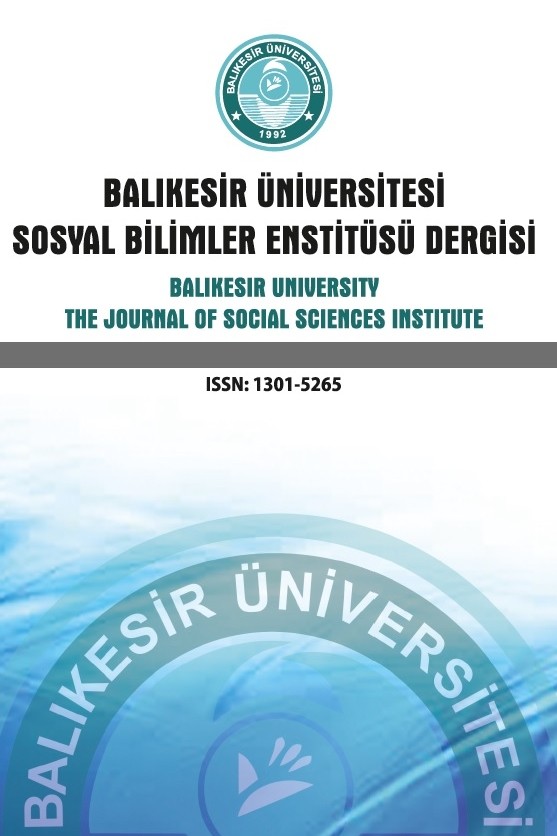
Balıkesir Üniversitesi Sosyal Bilimler Enstitüsü Dergisi
Yazarlar: Sezgin BALLIDAĞ, Banu INAN KARAGÜL
Konular:Dil ve Dil Bilim
DOI:10.31795/baunsobed.909953
Anahtar Kelimeler:EFL,Language assessment literacy,Language testing and assessment
Özet: The purpose of this study is to find out the language assessment literacy (LAL) of teachers who teach English at state elementary, middle, and high schools in Turkey. 101 teachers working in various cities participated in this study. A mixed-methods research design was employed in the study, so the data were collected through both quantitative (questionnaires) and qualitative (interviews) instruments. The data for the quantitative part of the study were collected by means of the “Teachers Questionnaire” prepared by Vogt & Tsagari (2014) under three domains regarding language testing and assessment (LTA); classroom-focused LTA, purposes of testing and content and concepts of LTA. The data from questionnaires were analyzed via SPSS in terms of means, percentages, and frequencies to find out the training levels and needs of the respondents in language assessment. In the qualitative phase, a total of 18 teachers volunteered to take part in the interviews. The qualitative data that was gathered through semi-structured interviews were analyzed one by one in terms of their similarities and differences, and selective coding was utilized. The overall results from the questionnaires indicated that EFL teachers who work at state high, middle and elementary schools in Turkey perceived their training levels in all three domains of LTA insufficient, and they were also in need of further basic training in those domains. Furthermore, qualitative findings also supported the findings from the questionnaires by also providing insights into the reasons for participants’ insufficiency of LAL levels.